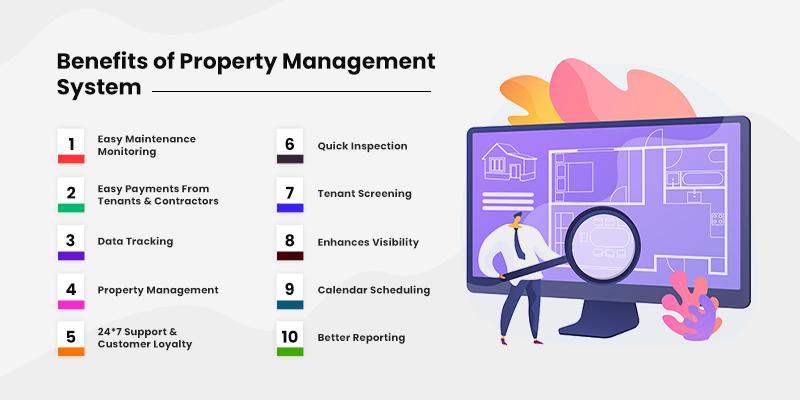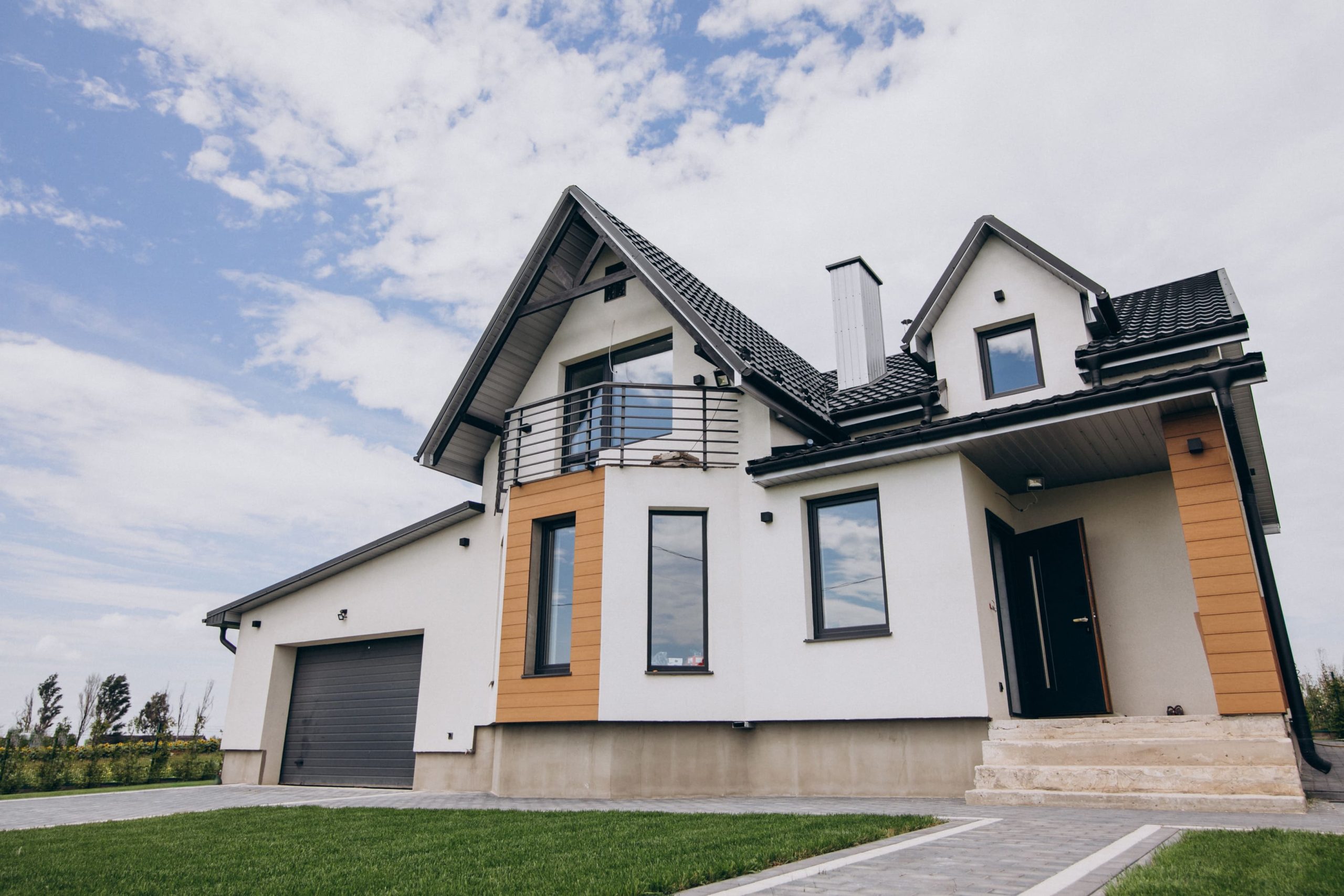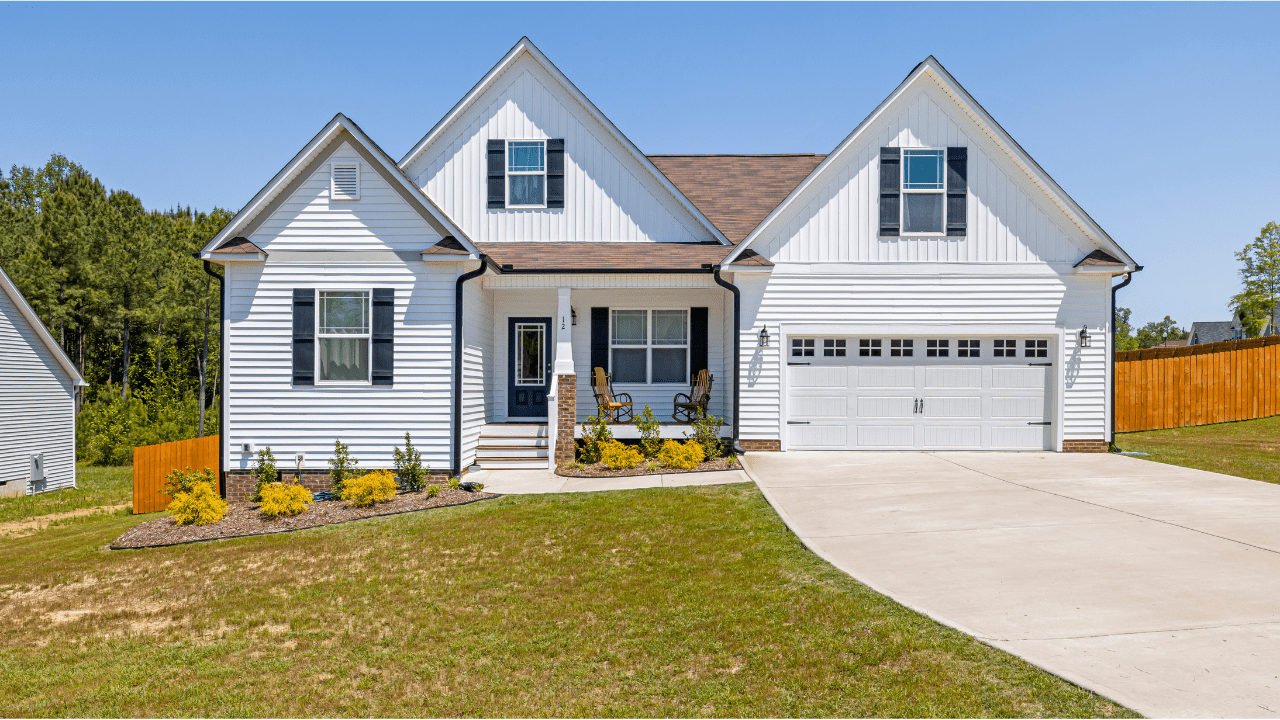Property management software is a tool that automates and streamlines various property management processes. It is designed to help property managers manage their properties more efficiently, reduce workload, and save time. It covers various aspects of property management, including rent collection, maintenance requests, tenant screening, lease management, and accounting.
Benefits of Property Management Software
- Streamlining Processes
Property management software helps property managers automate tasks that were previously manual. For example, a single platform can now manage rent collection, lease renewals, and maintenance requests. This allows property managers to save time and focus on other critical tasks.
- Improved Communication
Property management software allows property managers to communicate more efficiently with tenants and property owners. It enables them to send notifications, reminders, and updates to tenants and property owners through emails and text messages. This helps to keep everyone informed and up-to-date on any changes or updates regarding the property.
- Access to Real-Time Data
Property management software provides property managers real-time data on various aspects of property management, including rent payments, maintenance requests, and occupancy rates. This helps property managers make informed decisions and identify areas where improvements can be made.
- Enhanced Tenant Screening
Property management software provides property managers the tools to conduct thorough tenant screening. They can perform background, credit, and eviction history checks on prospective tenants. This helps property managers find reliable tenants likely to pay rent on time and take good care of the property.
- Improved Accounting
Property management software simplifies accounting processes. It automates rent collection, tracks expenses, and generates financial reports. This helps property managers keep track of income and expenses and identify any discrepancies in accounting records.
Types of Property Management Software
There are different types of property management software, each designed to meet specific needs. Here are some of the most popular types of property management software:
- Cloud-Based Property Management Software
Cloud-based property management software is hosted on the cloud and can be accessed anywhere with an internet connection. It allows property managers to manage properties remotely and provides real-time data on various aspects of property management.
- On-Premises Property Management Software
On-premises property management software is installed on a computer or server on the property manager’s premises. It provides property managers with greater control over data and security.
- Commercial Property Management Software
Commercial property management software is designed for property managers who manage commercial properties, such as office buildings, retail centres, and warehouses. It includes lease management, property maintenance, and tenant tracking features.
- Residential Property Management Software
Residential property management software is designed for property managers who manage residential properties, such as apartments, condos, and single-family homes. It includes tenant screening, rent collection, and maintenance tracking features.
How to Choose Property Management Software
Choosing the right property management software can be overwhelming, given the many options available. Here are some factors to consider when selecting property management software:
- Features
When selecting property management software, consider the features needed to manage your properties effectively. Different property management software offers different features, so it is important to choose software that has the features that are most important to you. Some of the features to consider include:
- Rent collection: Look for software to automate rent collection and send tenant reminders when payments are due.
- Tenant screening: Choose software that can perform background, credit, and eviction history checks on prospective tenants.
- Lease management: Look for software tracking lease expirations, renewals, and terminations.
- Maintenance tracking: Choose software to automate maintenance requests and track maintenance work orders.
Consider creating a list of features that you need and use it to compare different property management software.
- Price
Property management software comes at different prices, ranging from free to expensive. The cost of the software is an important factor to consider when choosing property management software. However, it is important to note that price is not always an indicator of quality. Consider the value that the software provides and choose software that offers a good balance between price and value. Some software offers a free trial period, which you can use to test the software and determine if it meets your needs.
- Ease of Use
Choose property management software that is easy to use and has an intuitive interface. The software should not be complicated to navigate or require extensive training. Consider the learning curve and choose software that has a short learning curve. A user-friendly interface will help you save time and be more productive.
- Support
Consider the level of support that the property management software offers. The software should offer adequate customer support in case of any issues or challenges that you may face when using the software. Look for software that offers multiple support channels like phone, email, and chat. The software should also have a comprehensive knowledge base or user manual that you can use for self-help.
- Security
The security of your data is crucial when choosing property management software. The software should have robust security features to protect data from unauthorized access or theft. Look for software that has encryption features, secure login, and two-factor authentication. Also, consider where your data is stored and ensure it is stored securely.
- Integration
Consider the software’s ability to integrate with other software or tools in your property management operations. Look for software that can integrate with accounting software, property listing websites, and other tools that you use. Integration with other tools will help you streamline your operations and reduce manual data entry.
Finally, When choosing property management software, you must consider the features you need, the price, ease of use, support, security, and integration. By taking the time to research and compare different software options, property managers can select the software that meets their needs and offers the best value for their investment. With the right property management software, property managers can automate and simplify tasks, reduce workload, and save time, allowing them to focus on providing excellent service to their tenants and property owners.




